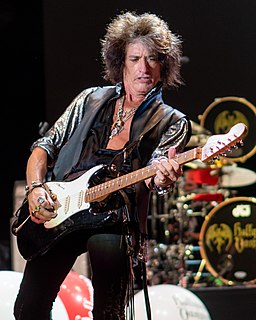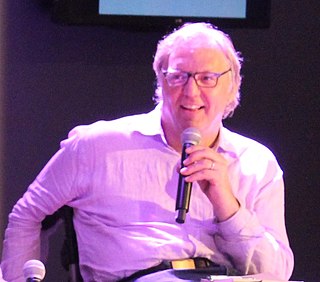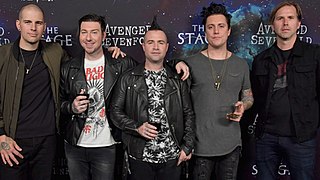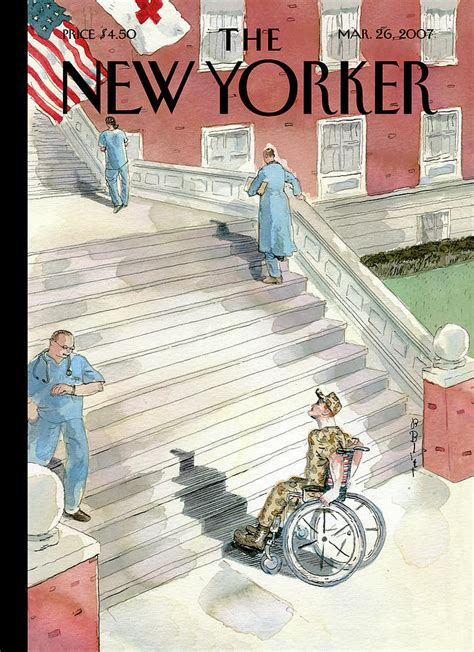A Quote by Gretchen Parlato
It's like, whenever I do any kind of cover, if it's a jazz piece or pop cover, I want to honor the original and make sure that the bulk and the juice of what makes that so great is there, but take it to a different place.
Related Quotes
Great soul of Gandhi, cover your ears. You will not want to hear this! Listen, you inbred piece of Ku Klux Krap! You white people love to be racist, but the only races you can tell apart are Indianapolis and Daytona. I hope I am reincarnated as toothpaste, so I never have to see you again. Now take your twelve-pack of wife-beating juice and get the park out of my store!
My job is to cover the hell out of the story, very aggressively. The real place to be courageous if you're a news organization is where you put your people to cover the story. It's making sure that you have people going to Baghdad. It's making sure that you figure out how to cover the war in Afghanistan. While the journalist in me completely stands with them, the editor of the New York Times in me thinks my job is to figure out what the hell happened and cover the hell out of it, and that's more important than some symbolic drawing on the front page.
We didn't say, 'Hey, we're gonna pick a bunch of cover songs,' or, 'We're gonna write an original song that has to sound like this, because we're a metal band, so we're gonna cover some metal songs.' We did the opposite. We just said, 'We're gonna have fun with these songs, and we're gonna try different things.'
So you go to Brookings, or you go to Heritage or others, they know their position on any subject before they research it. If you go to an investment bank, they know what parts of the world they are going to cover and what parts of the world they are not going to cover depending on client interest. We cover the world without being skewed by that. And that makes it more valuable.
I do a lot of pivoting. There was one cover I did of Donald Trump, after he won Iowa, it seemed like it was over for him at the beginning of the primary process. I was given the go-ahead on it right away. I drew it and he won the next primary, and suddenly, the cover didn't make any sense. And then, after the Democratic National Convention, it seemed like he was finished, Hillary Clinton seemed to be gaining strength, so the cover ran then. So it seemed like you can come up with an idea and it can be rendered useless two days later and then all of a sudden it's relevant again.
For a long period of time, the media covered rap music and hip hop the same way they cover a lot of black people, people of color, you know, the bad news happens to be news. They used to have these little stupid colloquialisms that pop up like, "You know what? No news is bad news!" They trick the masses into thinking that any news is great for you. And I just think that's a piece of crap.




































